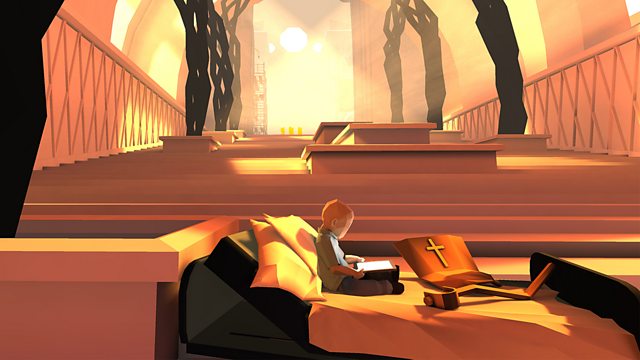Playing with the Dead
Jordan Erica Webber explores how video games allow us to play with people after they have died.
Art has long promised to transport us, to enable us to step outside ourselves and encounter experiences we never would otherwise. Now Jordan Erica Webber explores a possibility only video games can offer, a way to commune with long-dead friends and relatives, sometimes years after their deaths.
This experience has a familiar ring to it – finding a photo, a video, or a loved one’s notes scrawled in the margins of a book – but it’s also profoundly different, because in video games you can get to interact with your loved one, to play with their ghost.
Sometimes this is accidental: a deceased parent’s data left as a high score, a ghostly shape that races you to the finish line, or Artificial Intelligence storing some part of the person and surprising us with them later. But some game designers have memorialised loved ones in their art intentionally, like Dan Hett, who made a series of microgames about the loss of his brother Martyn in the Manchester Arena bombing, or Ryan and Amy Green who coded their son Joel into a video game character that has already outlived him.
Can you bear to beat the high score and erase that recording forever? And when do the Greens stop playing with Joel? This programme examines profound questions that have been posed in all kinds of art from poetry to sculpture to performance, and asks what it means when the ghosts are interactive.
Producers: Giles Edwards and Patrick Cowling


